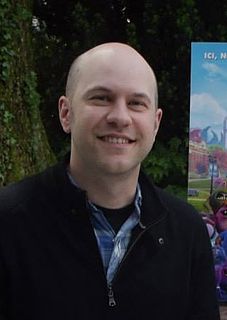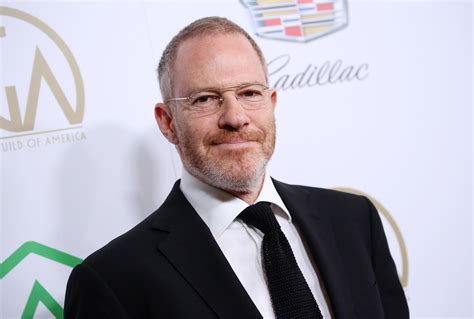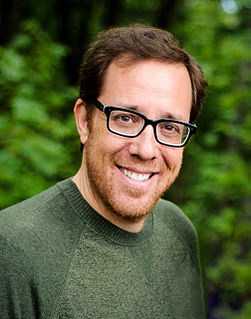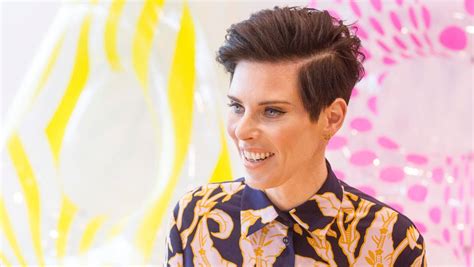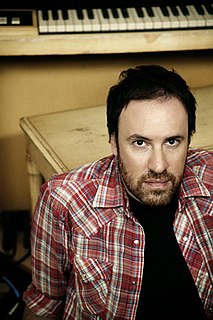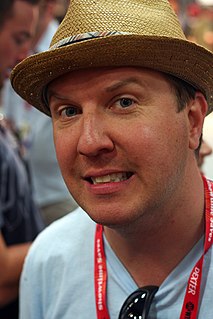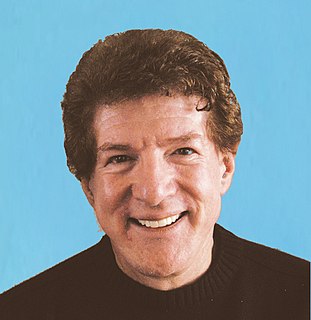A Quote by Dan Scanlon
Once you get into a feature, whether it's a sequel or an original one, you have to start all over again, and you're creating a world, creating new characters. You're also tracking emotions. You're trying to create emotion and create a character that you can fall in love with for two hours.
Related Quotes
I don't like that we repeat a certain expression over and over again because I think it narrows the way that we look on the world. I also think that there is a certain responsibility if you work with moving images because it's so strong in creating behaviour; it's so strong in creating the way that we look on the world, so for me it's very important that I create images that I have an experience of or is something that I think exists in the world and not just in cinema.
Add to this cruelly delicate organism the overpowering necessity to create, create, create - so that without the creating of music or poetry or books or buildings or something of meaning, his very breath is cut off from him. He must create, must pour out creation. By some strange, unknown, inward urgency he is not really alive unless he is creating.
One of the things I'm trying to do over and over again in my books is create new mythologies, create new ways to understand the complexity of the world. I think what mythology does is impress upon chaotic experience the patterns, hierarchies and shapes which allow us to interpret the chaos and make fresh sense of it.
A big part of filmmaking, and a big part of the power of filmmaking, is creating characters that people fall in love with. So, those things, like the bloopers, create more reality and dimension, and the sense that these are not drawings or shadows, but they are living, breathing, thinking characters. That's the illusion.
You're creating music to pull people into a world, whether it be a visual medium where music is just one element, or a purely musical medium. Either way, you're trying to transport people and to create a connection. I've always felt that the best films and the best albums can be the best company. If people feel a little bit less alone because of something I had a hand in creating than I feel like I'm contributing to the world in a positive way.
When we make films - even 2D films - you're always trying to create this illusion of 3D, anyway. You're trying to create a believable world with characters walking, in and out of the perspective, to create the illusion that there's a world. The desire and drive to create this illusion of three-dimensional space is something that is true about every kind of film because you want the audience to really be experiencing it, first hand. It's a natural extension of the storytelling and the process of filmmaking.
We grasp because God does. We create, and fall short, because God does. We continue creating because we fell short, and fall short again, because God does. Because one act of creation, one attempt at capture, is only one breath and we must breathe again. And again. And again. Here we stand (and sit and sleep), the many images of the Imager, and we can do no other.
Creators understand that their emotions are not necessarily a sign of the circumstances. They understand that in desperate circumstances they may experience joy, and in jubilant circumstances they may feel regret. They know that any emotion will change. But because emotions are not the centerpiece of their lives, they do not pander to them. They create what they create, not in reaction to their emotions but independent of them. On days filled with the depths of despair, they can create. On days filled with the heights of joy, they can create.
Did the nineteenth-century novelists create more generously than we do now? In a general reading of contemporary work, do you see a lot of new and different characters, or is it the same character who is a stand-in for the writer? And it's interesting enough, but it's a weakness I think. We are much more self-revealing and less able to produce new people over and over again.
